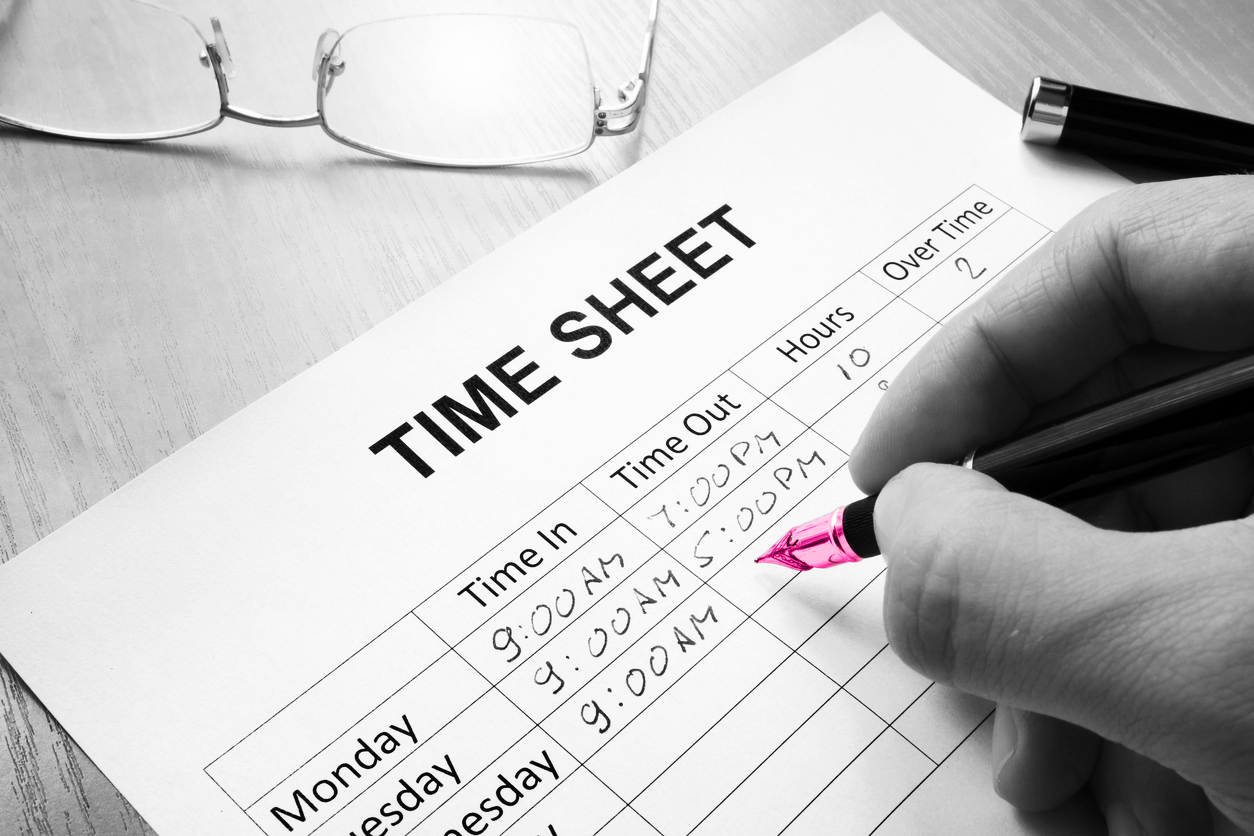Guide to Buying a New Build Home
The Need for Advice
Buying a house is probably the largest purchase you will make during your life so it is important to get advice from a qualified lawyer to help you avoid possible problems and to protect your interests at each stage of the process, from making an initial offer to moving in. Using the services of a local solicitors firm such as Fraser Dawbarns should ensure you avoid any legal pitfalls and have a trouble free purchase of your new home.
This guide describes the stages of the purchase process and the advice you should receive from us.
Our Services and Costs
At Fraser Dawbarns, we have over a 100 years experience helping clients buy and sell their homes. We understand the need to keep you informed at every stage of the sale/purchase process. Our highly trained lawyers will keep you informed through a method of your choice; this could be by email or by phone. With offices across the region, we are close by if you need to meet face to face to discuss an urgent issue or call in to sign and pick up documents to save postal delays.
We provide a fixed cost for your service but remember you will need to pay a variety of other expenses such as stamp duty land tax, Land Registry fees, VAT and search fees.
What We Will Need from You
We will require a variety of documents and details if we are instructed to act for you, these could include the following:
- personal identification;
- a copy of the energy performance certificate (EPC) for the property if there is one;
- anything that may influence the exact time you need to buy the property, for example, starting a new job; and
- how you intend to pay for the property.
We will also need to know if:
- you have applied for a mortgage;
- you plan to do some work on the property;
- you are buying with another person; and
- you have a property to sell.
Energy Performance Certificate (EPC)
Before a house or flat can be offered for sale, it is necessary to have someone prepare an energy performance certificate for the property. This is also the case with newly built properties but may mean a predicted energy performance certificate or SAP rating.
This provides a rating for the energy performance of the property, and recommendations for improving it. We can tell you more about this when we discuss the purchase of your new house or flat.
The Need for a Survey
If you are taking out a mortgage, your lender will require an independent valuation of the property.
This will usually use their own surveyor to do this and you will have to pay for it. This valuation is for the mortgage application and is not a survey.
We recommend appointing your own surveyor to carry out a survey or prepare a home buyers report on the property, even when it is a new build home and has the benefit of the National House-Builders Council’s (NHBC) insurance. It may be possible to ask the lender’s surveyor to carry out a survey for you to reduce any fees. It is very important to make sure the property is structurally sound before you buy it. If the survey identifies any work that is required, you need to tell us. You may also wish to renegotiate the price with the seller.
Making Contact with the Seller’s Lawyer
Having asked us to act for you in the purchase of your new house or flat, we will contact the builder’s lawyer, who will give us a draft contract and any other items we request. This will include a list of any additional items you may have agreed to have installed at the property prior to you moving in which you will need to check through carefully.
Searches
We will make a number of searches on your behalf including enquiries to the local authority. The searches will help to uncover any planning issues which might affect the property, for example, road improvements and any planning permission granted on the property. These searches will provide information about the property itself rather than neighbouring properties. If any of these searches reveal matters of concern then we will let you know.
Leasehold Properties
If the property you are buying is leasehold there will be detailed lease terms and conditions.
Buying a property on a leasehold basis is often common when buying a flat. We will check these detailed terms and conditions and also make enquiries with the seller’s lawyer or the managing agents of the property about what service charges and management costs you will have to pay.
Mortgage Offer
If you need a mortgage to buy the property then you will need a satisfactory offer from a bank or building society before exchanging contracts. It is important to check that you can meet the terms of any offer and the offer will be valid at the point when you commit to purchase. We can help to explain these terms to you.
Signing the Contract
Once we have reported back to you on all the enquiries we have made and you are still prepared to go ahead, we will finish the terms of the contract and explain it to you. You will then sign the contract and provide a deposit which is normally between 5 and 10% of the purchase price.
Exchanging the contracts
This is the critical point between you and the builder. We will exchange contracts with the builder’s lawyer so you have the contract the builder has signed and they have the contract you have signed. Unlike when you purchase an existing property when a fixed date is set for completing the sale, it is very common for the date for you to complete the purchase to be set by the builder’s completion date. This gives the builder control of the timescale and means you will have to complete when the builder wishes to and this highlights the importance of your mortgage offer being valid for at least six months from exchange of contracts.
Final Balance
After exchanging contracts but before completion, we will take the mortgage money from your lender (if you have one) and the rest of the money from you. This will include costs, VAT, Land Registry fees and stamp duty land tax (if it applies). We will carry out final searches and work with the builder’s lawyer to pay off any mortgaged that may exist on the property. We will prepare a transfer deed and send it to the builder’s lawyer for signing.
Completion
This is last stage in the buying (sometimes called conveyancing) process when we transfer the money to the seller and the keys are given to you. We will also pay the Land Registry fees and any stamp duty land tax on your behalf. We then record you as the new legal owner of the property and register the interest of your mortgage lender, if you have one.
Other Things to Consider
Buying a house or flat may give rise to other related matters which need advice from a solicitor’s firm such as us, for example:
- if you have a will then it may need updating to reflect the purchase of your new home
- if you do not have a will it may be worth considering having one to ensure your property is left to the right person
- if a husband and wife are buying a home in joint names it may be worth considering who will own the property if one of you dies
- if you are buying with a person who you are not married to you may need to enter into a ‘deed of trust’ to identify what share of the property is owned by each person.
If you require advice about any of these areas, or any other legal matter, do not hesitate to contact us by email info@fraserdawbarns.com.
Related Articles
Recommended By The Legal 500 Directory*
*We are recommended for the following practice areas: Corporate and Commercial, Debt Recovery, Employment, Personal Injury: Claimant, Agriculture and Estates, Contentious Trusts and Probate, Family, Personal Tax, Trusts and Probate & Commercial Property.
ServicesContact
















